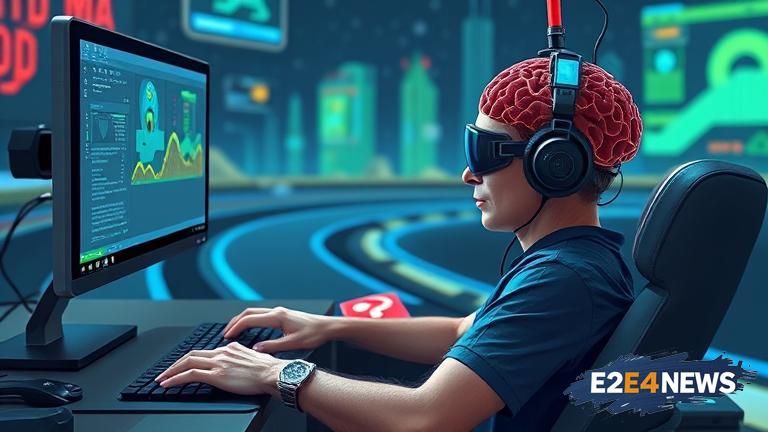In a remarkable demonstration of the potential of brain-computer interfaces, Noland Arbaugh, the first patient to undergo surgery for Elon Musk’s Neuralink, has achieved a significant milestone. 18 months after the procedure, Arbaugh was able to play the popular video game Mario Kart using only his brain signals. This breakthrough is a testament to the rapid progress being made in the field of neurotechnology. Neuralink, founded by Elon Musk in 2016, aims to integrate the human brain with computers, potentially treating a wide range of medical conditions and enhancing human cognition. The company’s innovative approach involves implanting tiny electrodes into the brain, which can read and write neural signals. Arbaugh’s successful interaction with Mario Kart is a major step forward, showcasing the potential of Neuralink’s technology to restore motor function and enable people to control devices with their minds. The surgery, which involves drilling holes into the skull and inserting thin electrodes into the brain, is a complex and delicate procedure. However, the results so far have been promising, with Arbaugh’s brain signals being successfully translated into digital commands. The implications of this technology are vast, with potential applications in fields such as medicine, gaming, and education. For instance, people with paralysis or other motor disorders could potentially use Neuralink to control prosthetic limbs or communicate with others. The technology could also enable new forms of human-computer interaction, such as controlling devices with thoughts or emotions. As the field of neurotechnology continues to evolve, we can expect to see more innovative applications of brain-computer interfaces. Neuralink’s progress is being closely watched by the scientific community, with many experts hailing the company’s achievements as a major breakthrough. The company’s ultimate goal is to achieve a symbiosis between humans and machines, enabling people to enhance their cognitive abilities and potentially even achieve a form of immortality. While there are still many challenges to overcome, the success of Arbaugh’s surgery and his ability to play Mario Kart with his brain is a significant step towards realizing this vision. The future of neurotechnology looks bright, with Neuralink at the forefront of this exciting and rapidly evolving field. As researchers continue to push the boundaries of what is possible, we can expect to see more remarkable achievements in the years to come. The potential of brain-computer interfaces to improve human lives is vast, and Neuralink’s innovative approach is leading the way. With its focus on developing implantable brain–machine interfaces, the company is poised to revolutionize the way we interact with technology. The success of Arbaugh’s surgery is a testament to the power of human ingenuity and the potential of technology to transform our lives. As we look to the future, it is exciting to think about the possibilities that Neuralink’s technology could enable. From restoring motor function to enhancing cognitive abilities, the potential applications of brain-computer interfaces are endless. With Neuralink’s innovative approach and the success of Arbaugh’s surgery, we are one step closer to realizing a future where humans and machines are seamlessly integrated.
